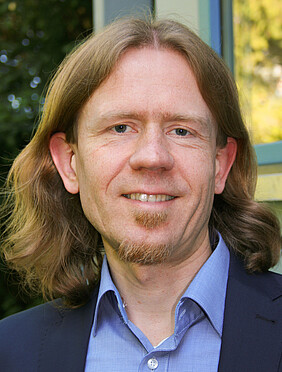will take place on Tuesday, February 19, 2019 from 15:00 to 16:00 hours in CBBM Building, Ground Floor, Seminar Room B1/B2.
Host: Prof. Dr. Sören Krach
Department of Psychiatry and Psychotherapy
University of Lübeck
Abstract
Enhanced attention towards conspecifics is a key feature of social information processing and the prerequisite for higher order social capabilities such as theory of mind or empathy. In turn, maladaptive social attention has been described for a large number of mental disorders such as social phobia or autism spectrum disorders. In my talk, I will give a brief overview of behavioral studies in humans that measure social attention and convincingly demonstrate that social attention is something “special” that presumably relies on different neural computations than other forms of “non-social” attentional orienting. Neuroimaging studies show enhanced amygdala activity accompanying attentional shifts towards diagnostic social information in the environment. Amygdala lesions, on the other hand, were shown to reduce social attention and to mimic symptoms that are evident in autism spectrum disorders or psychopathy. Collectively, these findings argue for a dedicated neuronal system for processing social information that allows for overriding competing information in building a priority map for attentional guidance. Dysfunctions in this circuit are likely to underlie social deficits in numerous psychiatric conditions and open up possibilities for novel treatments in this domain.
Biosketch
After studying psychology from 1997 to 2003, Matthias Gamer obtained his PhD from the University of Mainz (Germany) in 2008, working on visual depth perception. He then moved to the University Medical Center Hamburg-Eppendorf (Germany) to join the Department of Systems Neuroscience as a postdoctoral researcher. In 2011, he became leader of the independent research group “Social and Applied Psychophysiology” at the same institution before moving to the University of Würzburg in 2015, where he since holds a full professorship for Experimental Clinical Psychology.
Matthias Gamer’s current research focuses on the neurocognitive mechanisms underlying basic socio-emotional functions in humans. He is examining how social signals (especially faces) are visually explored and processed in the brain and how they are perceived and evaluated in mental disorders (e.g., social phobia or psychopathy). The second main interest is the cognitive neuroscience of deception with a special focus on the modulatory effects of emotion on attention and memory.


